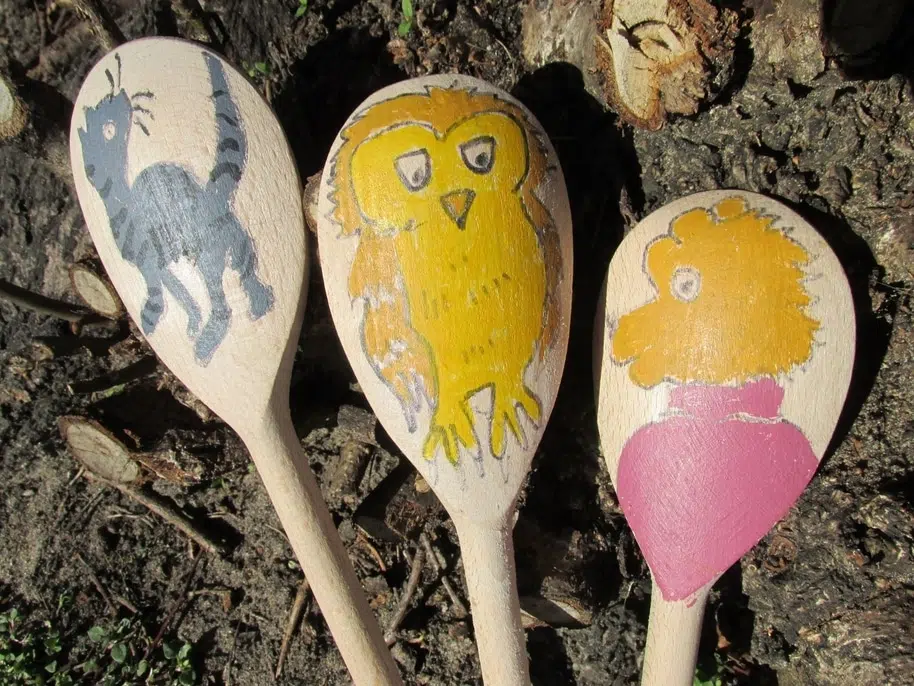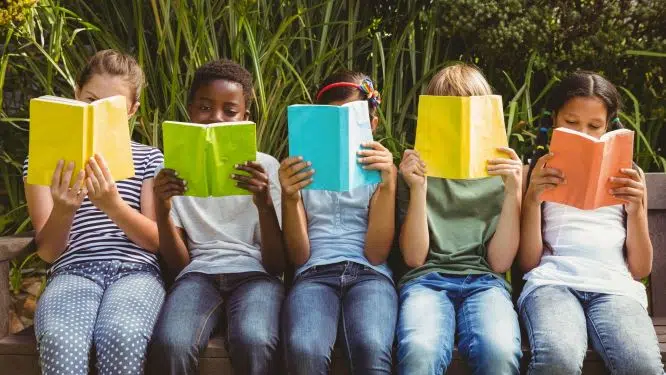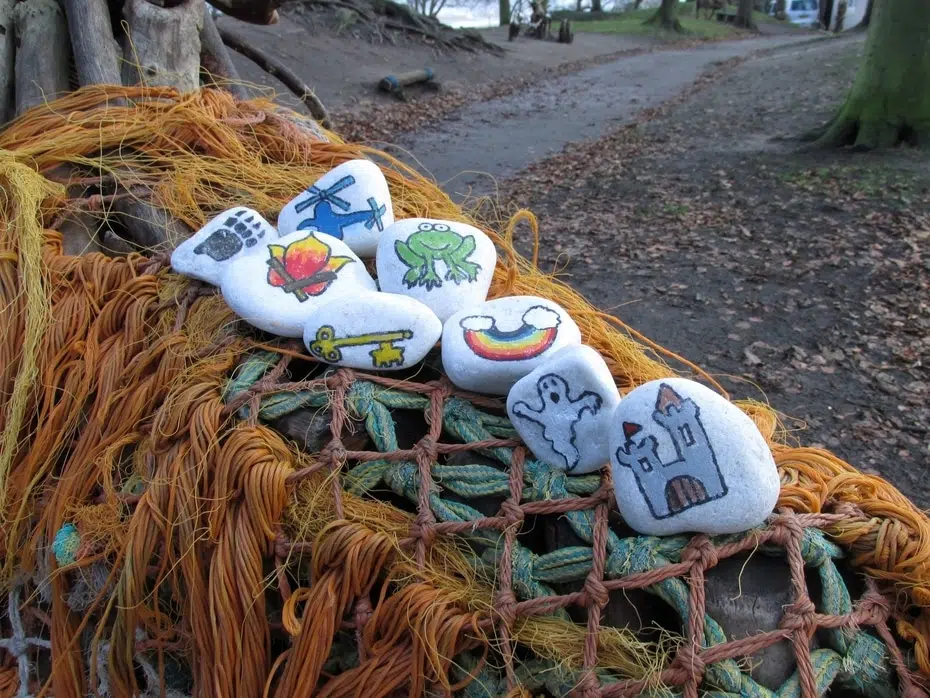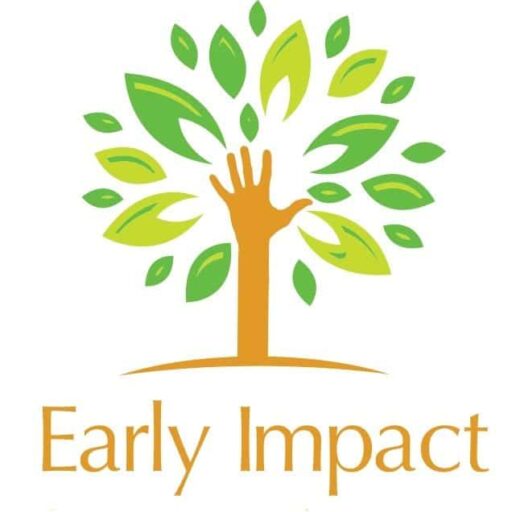If children enjoy listening to and telling stories, then they are opened up to a world of possibilities.
Storytelling has a massive impact for the whole child. It can also be used to develop skills across the entire curriculum.
When children listen to stories…or make them up…or engage in activities that link to books and story, it fires up their imaginations, and gets them fully involved in what they are doing.
So then, in short what are the benefits of storytelling for children? Some of the major ones are:
- Igniting Curiosity
- Expanding Horizons
- Experience The Challenges Of Life
- Increase Memory
- Develop A Passion For Books
- Impact On Our Minds
- Vocabulary
- Teaches Whole Curriculum
- Understanding Society
- Imagination
- Fun
- As A Stimulus
- Confidence
- Brain Development
- Listening And Attention
- Magic!
- Providing Hope
In ten years of teaching children between the ages of 3 and 5, I have found that storytelling in its different forms can be the driving force behind getting children learning, and setting them up for future success.
Let’s take a look at the benefits of storytelling, and why you definitely want to channel into this rich stream of learning either at home or in an educational setting.

1. Curiosity
In many ways curiosity is the root of learning. Children are curious, so they want to find out more, and therefore they learn.
The key thing is to spark this curiosity to start with!
Stories are one of the best ways of firing up curiosity.
Children want to find out about the characters, and what they are going to do. They hear about interesting settings, like haunted castles, and they want to know more about them.
Everyone wants to know the answer to that key question…what is going to happen next?
Stories will be developing this curiosity from very early in children’s lives. If exposed to them, even very young children find physical books very interesting. They are brightly coloured, and create a shared experience with an adult.
Later on, they enjoy hearing about fantastical beings with different voices, faraway lands, and amazing adventures.
There is pretty much nothing better to fire up curiosity, and fire up learning.
2. Expand Their Horizons
Stories are one of the best ways of developing aspirations in young children.
In particular, stories help the following:
Children see heroes – they see others involved
Triumph over adversity – they see how obstacles can be overcome with a bit of resilience and problem solving
Experience fantastic faraway lands – children get to see treasure islands, magical lands with castles, and all the rest of it. They can go to space, deep into the earth’s core, or travel back thousands of years.
See wonderful characters – They can see a full range of goodies, baddies, and everything in between
3. Challenges of Life
Life is tough.
In books we see all sorts of terrible things happening – ships are wrecked, houses fall down, people are put under terrible spells by witches, and all the rest of it.
But do the main characters lie down and let this happen?
Of course not!
Books are filled with tough, never say die characters, that get stuck in and take the opposition on.
So many stories model this resilience, and this never say die attitude. It shows children how to take problems on head-first, and try to overcome them.
4. Increase Memory
Memory is a huge deal in the modern world. With the advance of technology, many children are losing the ability to retain information.
Stories help this in so many ways:
Retelling stories – helps children to make sense of what they have heard
Acting out stories – through role-play, small world, and playing with puppets, children take on characters and situations in the stories they know and extend them
Linking events in their own lives – stories spark off our own memories. A character may do something that we have done before. Or face a similar problem to one we have experienced. This gets us thinking and powers our memory.
To check out my ultimate guide to the best memory games for young children, then go here.
5. It Develops A Passion For Books
What starts off as verbal storytelling will lead onto reading books. That is how it works.
People think that children that are good readers are that way because they enjoy phonics, or have good memories.
Those things can be important, but often it is the children that want to read that will learn more confidently. If you love stories, you see the point, and you want to do it – it’ that simple.
Any play activities that link to stories can develop this passion. It can be role-playing, pretending to be The Three Bears.
It could be using puppet characters, and giving them different voices.
Anything that develops this passion for imagination and storytelling, can blossom into a love of books later on.

6. Stories Have Greater Impact In Our Minds
Storytelling has a powerful effect upon our minds and on our memories.
Great orators and politicians use this power all the time. Their speeches will be littered with anecdotes and stories that really bring life and substance to what they are saying.
The child psychologist Jerome Bruner said that, ‘Stories are about 22 times more memorable than facts alone.’
If you tell a fact to a child it will often make little impression, but bring this to life with a story and it will have a much greater impact.
It is one thing to tell them about bullying, but read a story about a bully – the difference is huge!
Children learn morals from stories, they learn facts and knowledge, and they learn about life. Huge lessons that cannot be just ‘told’; they need to be brought to life.
7. Vocabulary
There has been several pieces of research done into the importance of vocabulary and economic success. (Source)
The correlation is massive!
Children with better vocabularies have been seen to do better in their jobs and relationships.
But how does this link to storytelling?
Well, from the age of about 6 upwards, 80% of the vocabulary that children acquire comes from books. That’s a huge majority.
And how do we get children going down the road of reading, and engaging with books? By getting them excited by verbal storytelling in all its many forms.
8. Teaches The Whole Curriculum
Everyone clearly understands that literacy and storytelling go hand in hand.
But also storytelling can help teach maths, science, physical development, and so many other things.
In math, children can learn to count through simple number stories (see my full guide on number stories here).
There are numerous books about science, such as Mr Gumpy’s Motor Car (where the car gets stuck in the mud because it is so heavy).
And there are so many ways that you can link books to quests outside, den-making, different cultures, and all so many more areas.
9. Understanding Society
It takes children a long time to work out what the world is all about.
In fact, all of use, adults and children, are still learning.
Stories really help this process. In them we see how humans work. We see good characters and what they do, and we also see bad.
In fact, most people have a bit of good and bad in them, and we see all of that too.
We see how people react to the actions of others, and we learn from that. There is so much going on!
10. Imagination
Books and stories create a world of make believe.
They get children thinking in lots of ways, including:
- Making predictions – what is going to happen next?
- What would I do in this situation?
- What are characters going to do?
Children often link other pieces of art to stories.
They will create pictures or artworks of characters they know.
They might build a tower out of building blocks for Rapunzel, or build the Second Little Pig’s house out of a pile of sticks.
Books fire up the creative spirit in us all!
11. Fun
That little word, that is often left out in education – ‘fun’. That is exactly what stories can be.
Stories are enjoyable, and pleasurable experiences for children have many benefits. For example, stories can:
Inspire – children want to act like the heroines and heroes in the books. They want to fight dragons, or go on a magical quest
Motivate – books can really get children moving! If a character in a book needs a rocket to get to them moon, some children will go all out to try to build it for them.
Engage – Stories can get that total involvement out of children. This is a true force of nature when it is fully activated.
12. Storytelling As A Stimulus
Books and stories are an amazing way to ‘hook’ children in. If you want to start a topic, teach a concept, or fire them up to try an activity, then often a book may be the ultimate way to do this.
Stories do the following:
Hook children’s interest – Even reading just a couple of pages of a story can really grab children’s focus. Learning all about food. Then a few pages of The Very Greedy Caterpillar is a great place to start.
Even stories they know well can be re-read, or parts retold to gain children’s attention.
Make great starters – Storytelling is a great way to start an adult-led learning time. Even a simple imagined story
Set the scene – Going on a trip to the local farm? Storytelling and reading books around farms is a fantastic way to get started.

13. Confidence
Stories build confidence in lots of ways.
Children can relate to characters in stories, and seeing other do great deeds gives them the inspiration to try it themselves.
Also stories give children understanding of themselves. This boosts self-esteem, which is of course strongly linked to confidence.
Storytelling is also a fantastic launch-pad for role-play, small world play, playing with puppets, and all the other brilliant activities that children will get involved in that help them develop their social abilities.
14. Brain Development
Stories ignite all different types of thinking.
When children are immersed in storytelling, a huge portion of their brains will be stimulated at the same time.
Stories use many different parts of the brain, for functions such as:
- creating
- imagining
- remembering
- problem solving
- listening
- And so many more!
15. Develops Listening And Attention
One of the key skills of life is learning to listen.
By listening we receive information. It is also a key skill in building all of our relationships with people throughout our lives.
Stories are one of the best ways of developing listening and attention.
Even very young children will listen to stories at least for a few moments, even if they appear to listen to others in virtually no other situations.
The more storytelling the children are exposed to, the better their listening. It’s that simple.
If you’re looking for lots of other listening games, then check this article out.
16. Stories Are Magical
They offer that sense of fantasy that we all desire.
Early years consultant Yasmine Thebault states that, ‘Stories are magical. They provide the most effective routes by which children can make sense of the world.’
In the concrete world that we live in, stories offer that element of ‘awe and wonder’ that inspires children.
It is great to see that spark of curiosity in children’s eyes when they engage with books and stories. They offer:
Escapism – there is an element of fleeing reality in any storytelling, and entering an unknown world
Making the normal fantastic – stories help us see the wonder in the world around us
Anything can happen – the normal rules of reality are thrown out in stories. Prince’s turn into frogs with the single wave of a wand.
17. Provide Hope
The Ex Secretary General of the Un, Kofi Annan, has said that ‘Literacy is a bridge from misery to hope.’
This is true in many different ways.
The skill of reading provides all people with the ability to learn skills and knowledge and take control of their lives. It helps them fulfil ambitions and dreams.
And even before that, for younger children, stories can create a level of hope also. It creates a world of imagination, that takes them out of their day-to-day existence.
Final Thoughts
Storytelling offers so many benefits.
But the biggest challenge is of course, how do you do it?
If you have found this article useful, then you may be interested in how to get children storytelling. Some good articles to try include:
